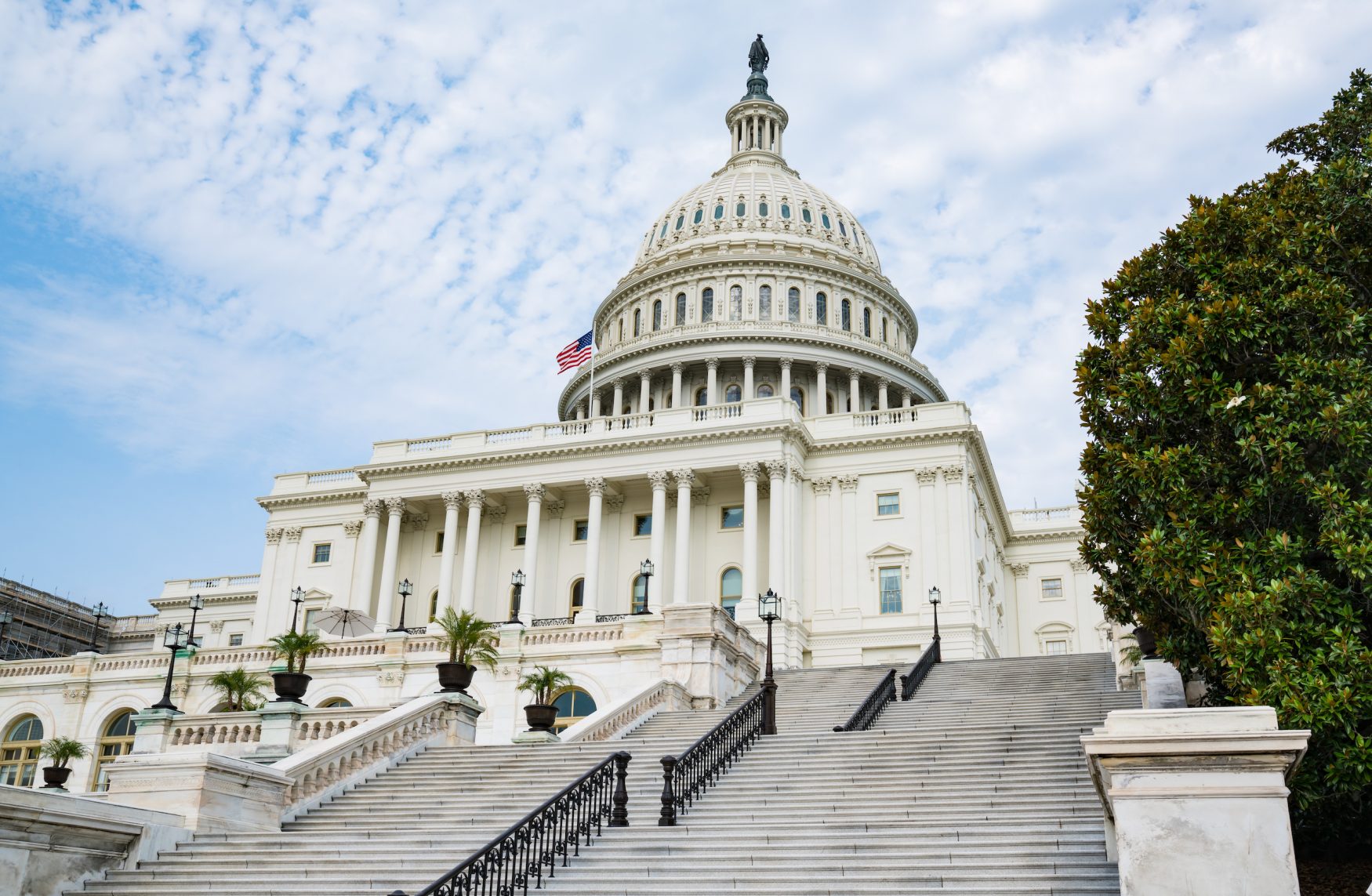
Sometimes State Sue Federal Government to Protect State Rights
When States Sue Federal Government, the Government Must Listen.
If a law goes into effect that states construe as unconstitutional or otherwise inappropriate, sometimes states sue federal government.
In many cases, suing the federal government is the only way that states can force action, such as passing or tightening a law or repealing a law that should never have been enacted.
The federal government has failed the state government and the people in many cases because of a refusal to properly address concerns over laws that typically cause states to file suit.
States governments sue the federal government all the time over issues such as emission reductions, women’s reproductive health laws and even environmental issues.
In one case where states sue federal government, seven states were suing the government over a U.S. abortion rule.
While the ruling itself was controversial, the states that sued insisted that women’s health concerns justified many of the actions that the federal rule limits, including access to emergency contraception for rape victims.
The federal government redefined several terms in the ruling, among other things stipulating that it was acceptable for women’s health providers to deny women access to emergency contraception.
Who is the federal government to tell American citizens that they cannot have access to an important piece of healthcare?
Why is the federal government making such controversial rulings that should be handled on the state level, or not at all?
California Sues the Federal Government to Protect the Environment
States Sue Federal Government to Fight Unreasonable Laws
Just because the federal government passes a law doesn’t mean it’s constitutional.
States sue the government all the time to fight unconstitutional laws.
One example of unconstitutional laws is the federal ruling about women’s healthcare. It doesn’t stop there, though.
States have sued the federal government for such unreasonable laws as unauthorized detention of American citizens, import laws that enabled destructive tree-eating beetles into the country, laws that changed the way prescription drugs work and even laws governing children’s health insurance.
The federal government frequently fails to act in people’s best interest, so states sue in an attempt to force the government to rethink unreasonable or potentially harmful laws.
The truth is that the government rarely has people’s interests in mind, and state lawsuits are an important check and balance to the government.
States Sue the Government to the Right to Protect the People
In one well-publicized case where states sue federal government, California and nine other states sued the government for tighter gas mileage restrictions.
Basically, these states wanted to accelerate the greenhouse emissions reductions, moving up the timeline developed by the federal government for cutting emissions.
These states argued that the emission reductions proposed by the government weren’t enough to combat global warming, which is a threat to the entire world, not just the United States.
Several states wanted to reduce emissions faster by creating an accelerated timetable. How did the federal government react?
The administration spoke dismissively about the suit, stating that it was vital for the states to follow federal guidelines for emissions reductions because it was more important to have a national strategy.
The government disregarded the concern for the environment, citing that it was more important to follow a national plan than to protect the people.
This is yet another example of the near-sightedness of federal oversight and its disregard for the American people.

 My First Amazing Ayahuasca Experience
My First Amazing Ayahuasca Experience  Pine Needle Tea
Pine Needle Tea  The REAL Controllers of Humanity: The Papal Bloodlines
The REAL Controllers of Humanity: The Papal Bloodlines  Is it Global Warming or Cooling?
Is it Global Warming or Cooling?  Gun Rights and Obama Examined
Gun Rights and Obama Examined